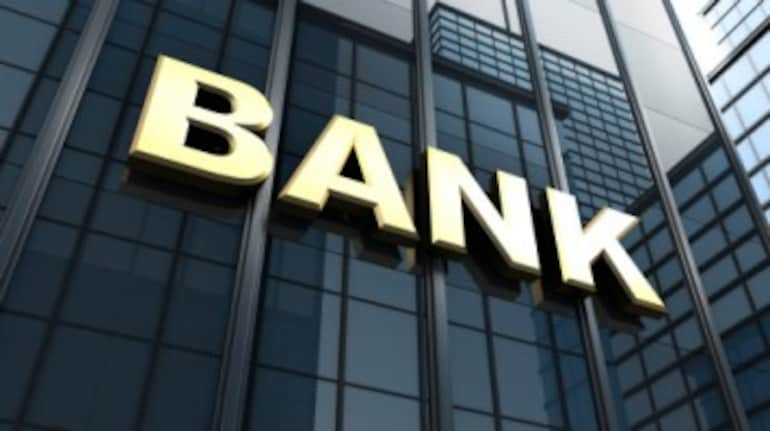



The problem of bad loans or loans not paid back by borrowers is assuming monstrous proportions. Early in the results season, market tried to ignore the issue, when Union Bank reported a 10% jump in gross bad loans from 11,481 cr to 12,596 cr, in just one quarter. Then in a few days Oriental Bank announced a 15% jump in bad loans but when a well run bank like Bank of Baroda reported an 18% jump in bad loans, it was time to worry.
In quick succession as the mighty ICICI Bank revealed a 13% jump in bad loans it was time to recognise the rot was more than just politically pressured loans or poor quality diligence. Today, as IOB reported a loss for a second quarter running thanks to bad loans rising over 8% of its total loans, the markets finally capitulated. The PSU bank index that was ruling in the green nosedived to fall 100 points and dragged the Nifty as well into the red. IOB ended 10% lower. UCO Bank ended 5.5% lower after the bank reported a 28% jump in bad loans. One wonders if the PSU banks have short circuited a pre-budget rally altogether.What has gone so wrong with banks? First, it is the restructured loans that are coming home to roost. Two years ago, the spate of loan restructurings started in the hope that the economy will recover and stalled infrastructure projects will be completed a couple of years - neither happened. As the moratorium period ended for all these dicey loans, the defaults started. Today, UCO Bank reported that 60% of its incremental slippages of Rs 2,700 crores were because of restructured loans slipping into non-performing loans (NPLs). ICICI Bank too admitted as much. The total loans restructured by banks is over 6 lakh crore, so more pain is clearly waiting to come unless growth picks up, which looks tough in the near term.The other big reason for the rise in NPLs even in well run banks like Bank of Baroda, clearly falls on the government. BoB hasn’t had a chairman for over six months now; Punjab National Bank hasn’t had a chairman for 3 months and IOB hasn’t had a chairman for over four months and actually since October is being run by only one ED.
The story is no different for Canara Bank. Syndicate Bank too is being run by just one ED. As a retired chairman told me, often it is simply the daily call from the chairman to GMs and CGMs to doggedly follow up on potential defaulters that can stop many a loan from slipping. Bank of Baroda’s total business is nearly 10 lakh crore, PNB’s is nearly 12 lakh crore. Will shareholders of such large banks anywhere in the world keep them headless for so long.The other reason why more loans may be slipping is perhaps the RBI’s recent order that when a company defaults in the first month, loans have to be reported to the regulator as SMAs (special mention accounts) and likewise when they default for the second month. This public reporting may have made some bilateral agreements between banks and borrowers difficult. There is also the fear of accelerated provisioning if banks don’t report defaulters in time.But these are incremental reasons. The real culprit is the stalling infrastructure and growth itself. As the UCO Bank chairman today said a bulk of his defaults come from large corporates but the small indiscretions are also taking a toll. Every year, the UPA government raised the target for agricultural lending by 30 percent. The chickens are coming home to roost. The NDA government needs to do two things urgently if the hemorrhage has to slow. First, it needs to find new CEOs and EDs immediately. Two, it has to redouble its efforts to restart stalled infra projects.Efforts have to be made at a frantic pace to get economic growth back on track. That may be a motherhood statement but at the moment there aren’t any shortcuts.

Discover the latest Business News, Sensex, and Nifty updates. Obtain Personal Finance insights, tax queries, and expert opinions on Moneycontrol or download the Moneycontrol App to stay updated!